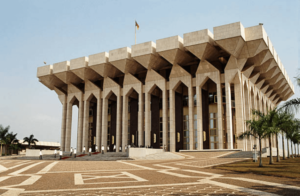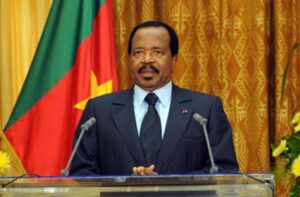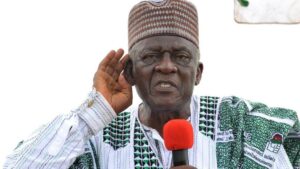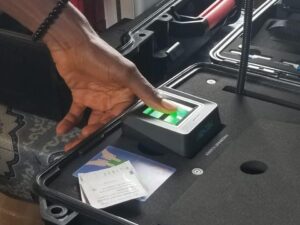Cameroon Election
The History Of The Cameroon General Election
The History of the Cameroon General Election: A Story of Resilience and Progress

History Of Cameroon Election: elections are at the center of democracy, it is the platform used by a nation and it’s citizens to shape their nation’s destiny. In Cameroon, the general election’s history is a tale of resilience, struggle, and gradual progress, mirroring the broader evolution of the nation itself. Understanding this journey is inspiring and crucial for the general public as it showcases the power of collective will in shaping governance and societal transformation.
Colonial Beginnings: The Foundations of Governance
Cameroon’s electoral history cannot be fully understood without reflecting on its colonial past. Originally divided between French and British rule after World War I, Cameroon’s path to democracy began with limited political participation under colonial oversight. The League of Nations trusteeship system, later the United Nations, introduced early forms of political organization. However, these systems largely excluded indigenous Cameroonians from meaningful participation.
The first significant milestone was in 1948 when Cameroonians began forming political parties to advocate for self-rule. Among these, the Union des Populations du Cameroun (UPC) became a prominent voice, demanding independence and a fair electoral process.
Independence and the First General Elections
In 1960, French-administered Cameroon gained independence, followed by British-administered Southern Cameroons in 1961 through a plebiscite. This unification marked the birth of the Federal Republic of Cameroon and set the stage for the first general elections under an independent government.
Ahmadou Ahidjo became the first president, ushering in an era of single-party rule that would dominate Cameroonian politics for decades. The early elections, though historic, were marked by limited competition and state control over electoral processes. Despite these challenges, they laid the groundwork for national identity and governance structures.
The Struggle for Multi-Party Democracy

H.E President Paul Biya ( President Of The Republic Of Cameroun)
The late 20th century brought significant changes to Cameroon’s electoral landscape. Amid global waves of democratization in the 1990s, Cameroonians began demanding political pluralism. Mass protests, civil society advocacy, and international pressure forced the government to reintroduce multi-party elections in 1992.
This period was transformative. While the elections faced accusations of fraud and voter suppression, they were a critical step toward greater political participation. Opposition parties like the Social Democratic Front (SDF),

led by John Fru Ndi (Of Blessed Memoery), emerged as significant challengers to the ruling Cameroon People’s Democratic Movement (CPDM).
Modern Elections: Challenges and Achievements
Since the 1990s, Cameroon has held regular general elections, including presidential, parliamentary, and municipal votes. While these elections have been criticized for irregularities, they have also shown progress in voter education, women’s participation, and youth engagement.

Technological advancements, such as biometric registration, have been introduced to enhance transparency. Additionally, civil society organizations and international observers play a growing role in monitoring elections and advocating for reforms.
The Inspirational Lessons from Cameroon’s Electoral History
The history of Cameroon’s general elections is a testament to the resilience of its people. Despite obstacles such as colonial legacies, political monopolies, and logistical challenges, Cameroonians continue to strive for a more inclusive and transparent electoral system.
For the general public, this history underscores the importance of civic engagement. Every vote cast, every voice raised in advocacy, contributes to the nation’s democratic journey. As Cameroon looks to the future, its electoral history serves as both a lesson and an inspiration—reminding us that progress is possible, even in the face of adversity.
Conclusion

ELECAM
The History Of The Cameroon General Election is not just a chronicle of political events but a reflection of the nation’s enduring spirit. From the colonial era to the modern day, Cameroonians have demonstrated an unwavering commitment to shaping their country’s future. As the nation continues to refine its democratic processes, the lessons of the past remain a guiding light, inspiring both current and future generations to build a brighter, more equitable Cameroon.
Share this post:
